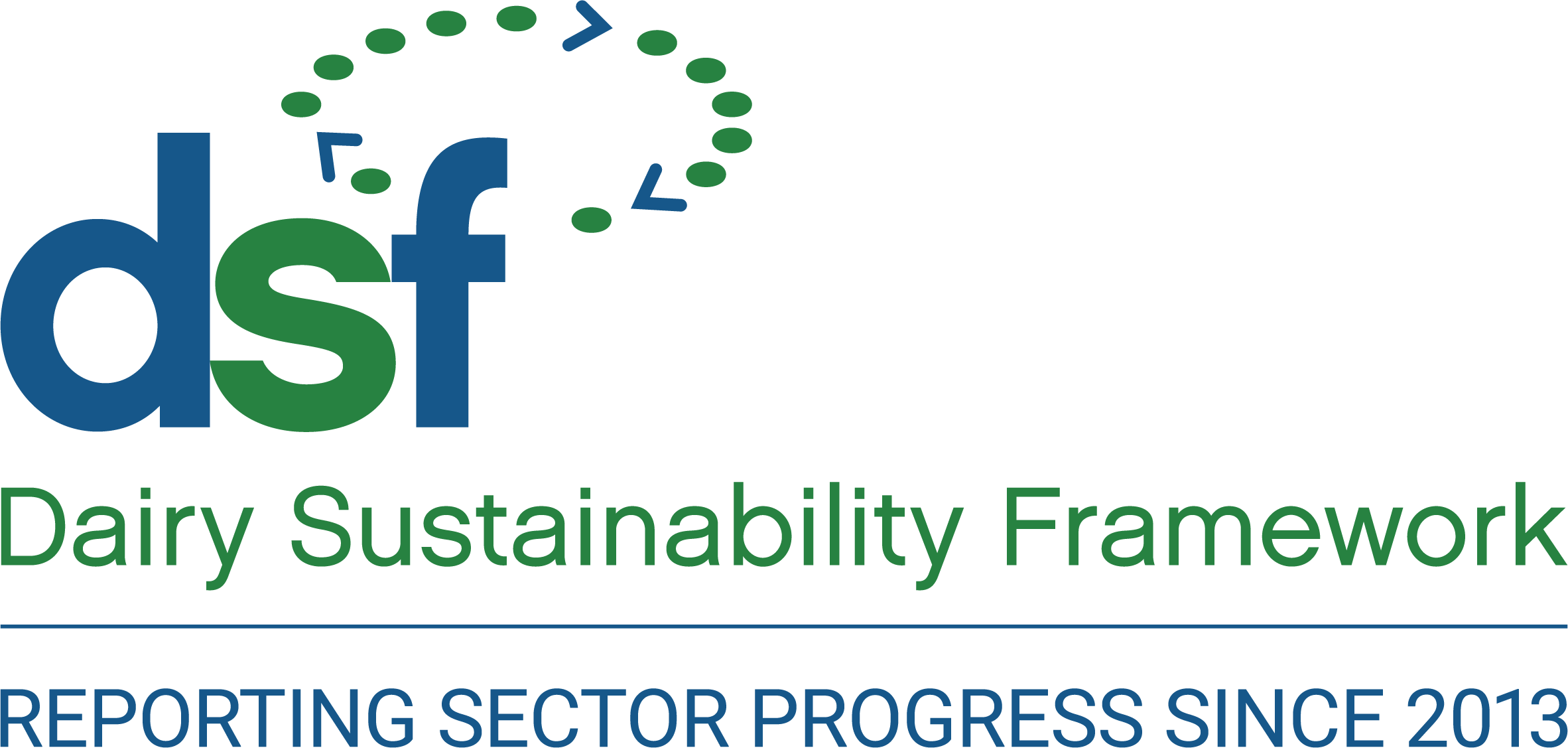FAO report: Sustainable nitrogen management in agrifood systems
FAO report: Sustainable nitrogen management in agrifood systems
The increase in the use of nitrogen fertilizers over the past century has contributed to increased agricultural production and improved food security and nutrition for a growing global population. However, improper use of nitrogen can negatively impact air, water, and soil quality, lead to biodiversity loss, and contribute to climate change.
The Food and Agriculture Organization of the United Nations (FAO) has published a new report, Sustainable Nitrogen Management in Agrifood Systems, which provides a detailed overview of nitrogen use and the associated challenges in agrifood systems. Livestock are recognised as significant contributors to nitrogen emissions, accounting for approximately one-third of the total nitrogen emissions resulting from human activity. Synthetic fertilizers, land-use change, and manure emissions are identified as the primary sources of nitrogen pollution in this area.
The report contrasts certain parts of the world where fertilisers have been overused for many years with other areas where restricted access to fertilisers has led to soil nutrient loss and soil degradation. The urgent need for more sustainable nitrogen management that focuses on minimizing external inputs and losses and maximizing recycling is highlighted. The report calls for an improvement in nitrogen use efficiency to reduce harm to environmental and human health and offers recommendations to achieve this objective. Download a copy of the report here.
